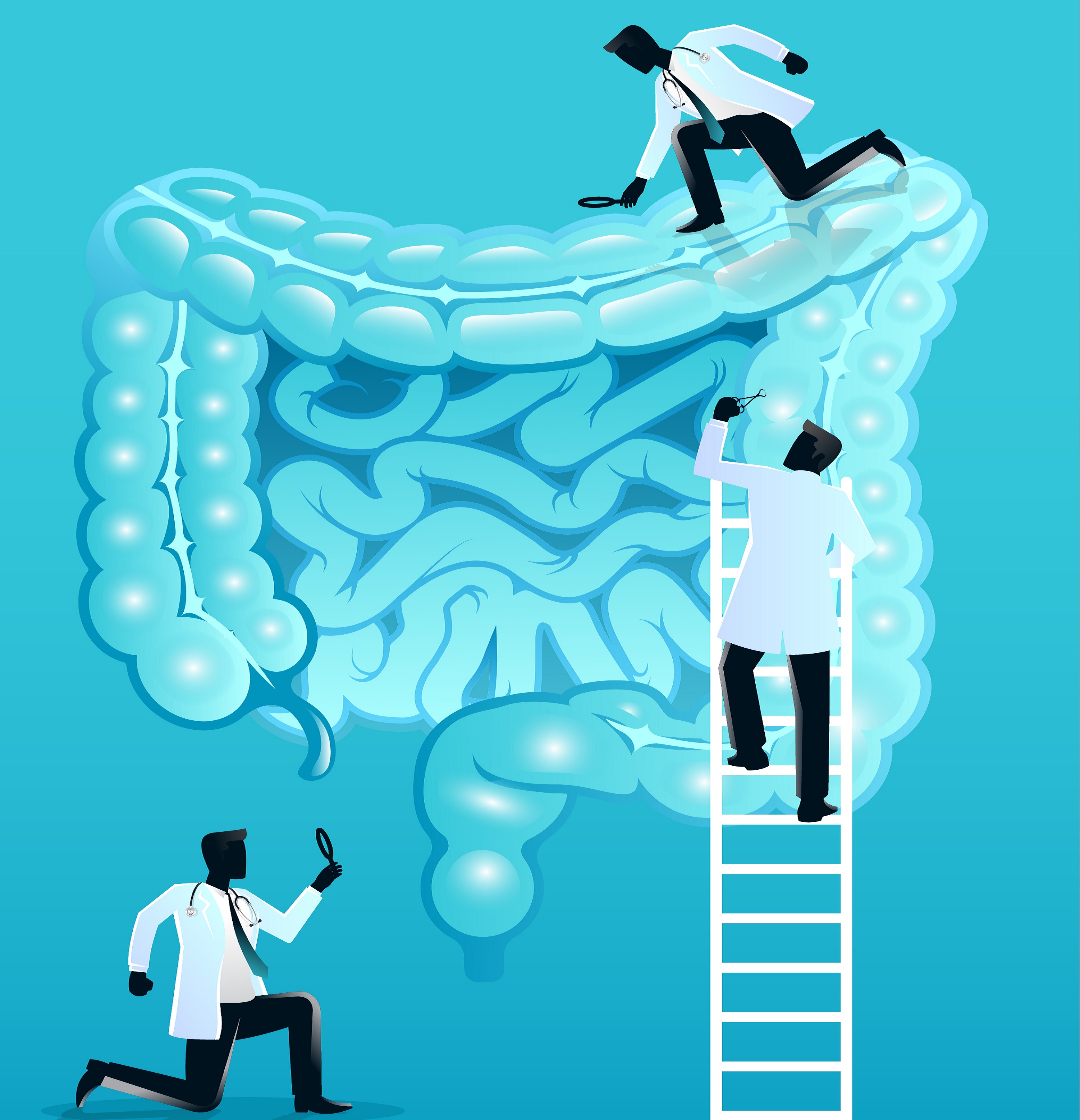Phone Appointment
[smartblock id=45]WhatsApp Appointment
[smartblock id=46]February 2021

Colorectal cancer screening saves lives, yet people aren’t up-to-date on their screenings. This may be because there are many myths floating around that can scare people away. Here is the truth behind some of the most common colorectal cancer screening myths.
Myth: I have no family history of colorectal cancer and I don’t have any symptoms, thus I don’t need a colonoscopy.
This is the biggest misconception people have. Remember that colorectal cancer is a silent killer. There are no definitive symptoms of colon cancer and even if it occurs the cancer is usually in its advanced stages. Conducting colonoscopy help in early detection of cancer or precancerous growths.
Myth: The procedure is painful.
Patients generally receive a sedative during the procedure, as well as pain medication if needed. The procedure itself takes only 30 minutes. Most patients do not even remember the procedure afterwards.
Myth: Colonoscopy is difficult to prepare for.
Preparing for a colonoscopy involves following a liquid diet for one day before the procedure. Preparation also involves cleaning the colon with the help of prescription and over-the-counter medications. Typically these are liquid drinks that you must consume a day or two before the procedure. These special solutions flush the colon so that the doctor will have the best possible view.
Myth: Colonoscopy is only a screening technique.
Colonoscopy is an all-in-one tool. It can find and remove polyps to prevent them from growing into cancer. If your colonoscopy reveals a polyp, the doctor will remove it during the procedure. Colonoscopy can also find early cancer, which improves the chance of being cured.
Myth: If a polyp is found, it means you have cancer.
Polyps are benign, but have the potential to become cancerous if left untreated. They can be removed during the colonoscopy, with no further treatment necessary.
Myth: There is a significant risk of complications.
There are very few complications associated with colonoscopies, and they occur quite rarely: about 1 in 1000 patients experience complications.
